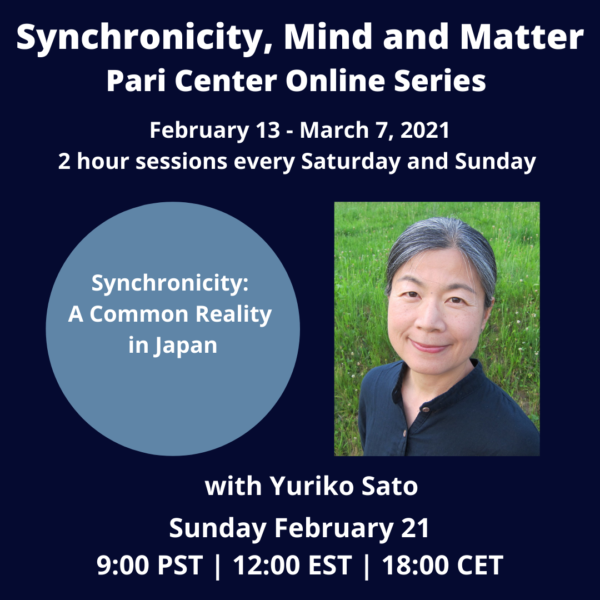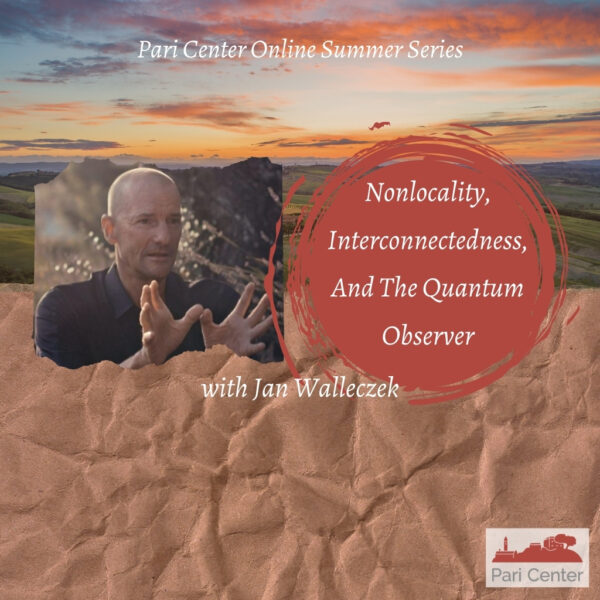Your cart is currently empty!
What Is The Neural Correlate Of Consciousness? with Valerie Gray Hardcastle
10,00€
June 20, 2021 – At first glance, it seems that explaining what the ‘neural correlate of consciousness’ (NCC) is should be straightforward: it is whatever happens in our brains when we have a conscious experience that is lacking when we are not having a conscious experience. But this simple answer is misleading. It turns out…






